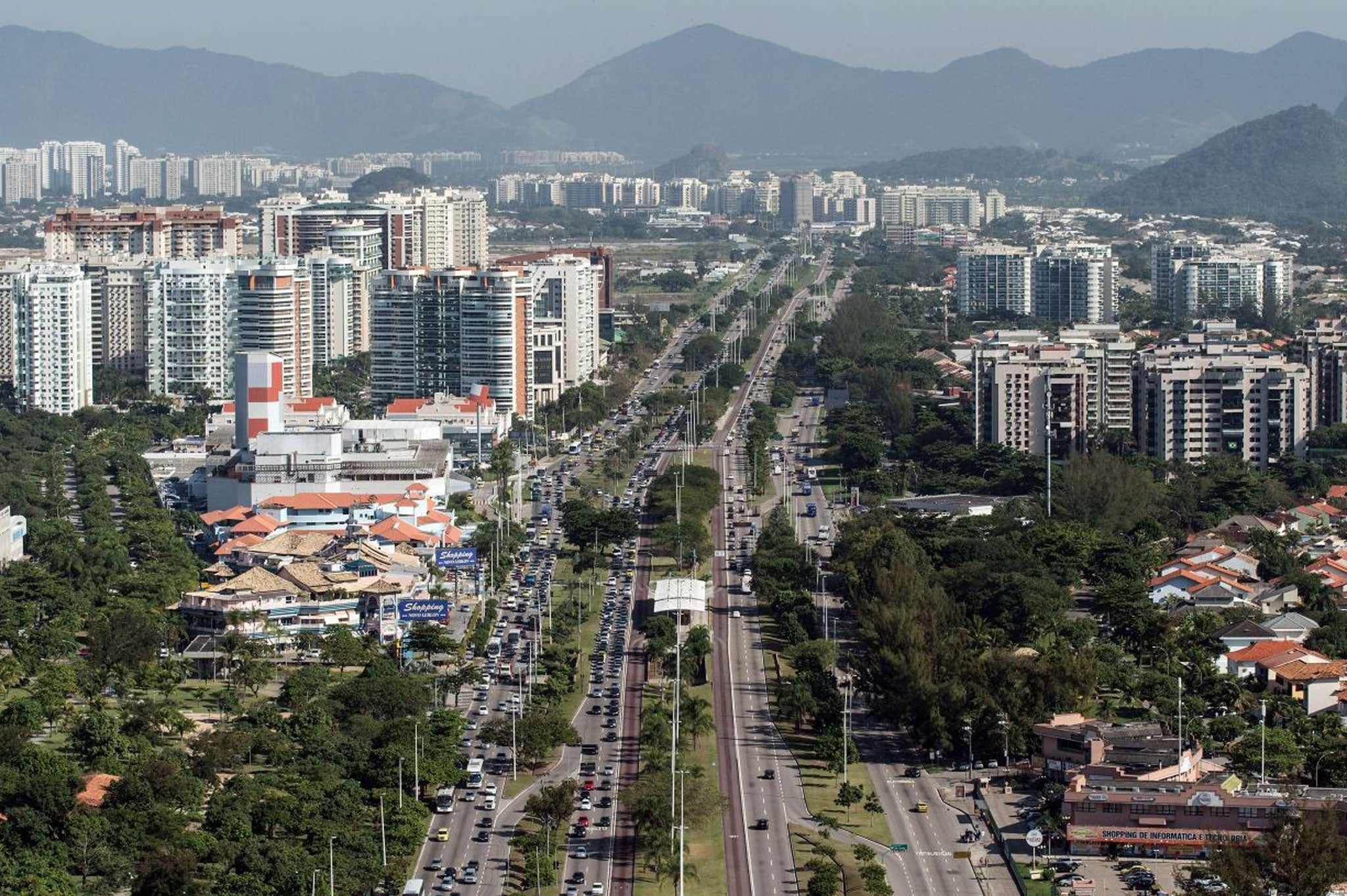Mark Dampier: An infrastructure fund that builds returns by taking different roads

Infrastructure funds have proved popular with income-seeking investors in recent years. Investment trusts investing in infrastructure, for instance, currently offer yields in the region of 5 per cent – particularly attractive in an environment where ultra-low interest rates have driven down the income available on cash deposits.
Investment trusts invest in physical infrastructure assets. A number of trusts tend to focus on assets which are backed by government or public-sector clients and generate revenue as long as they are available for use, regardless of how many people are using them. They are considered lower risk than demand-based or economic infrastructure assets such as toll roads, bridges, airports and ferries, where revenue depends on how many people use them and can vary in different economic climates.
The problem with infrastructure investment trusts is they are all trading at large premiums to their net asset value (NAV) – some in excess of 15 per cent – due to their appeal to income-seeking investors. While I'm not suggesting these premium ratings will suddenly disappear, a fall in a trust's share price, especially if it falls to a discount to NAV, can be extremely painful. In my view, this generally happens – at some stage or another – to all investment trusts which have been trading at a significant premium.
The First State Global Listed Infrastructure Fund, which invests in infrastructure on a global scale, could prove a healthy alternative. It is a different type of investment vehicle. First, it is an open-ended fund investing in the shares of infrastructure companies, rather than physical property or other assets. Second, it invests in more of the economically sensitive areas.
The income it pays is not as high, with the fund currently yielding 2.5 per cent. On average, however, the income has increased by 6 per cent annually since the fund launched in 2007. Similarly, the fund's manager, Peter Meany, expects the income to grow by 6 per cent this year.
He has recently tilted the portfolio marginally towards growth-oriented companies and away from some of the higher-yielding income stocks, which are starting to look more expensive in his view. He prefers not to chase income, which at times could mean investing in a greater proportion of economically sensitive businesses and increasing the portfolio's overall risk. That said, he will always maintain a decent exposure to income-focused stocks – he points out that the regulated nature of these companies means they are often able to maintain dividends even in turbulent economic conditions.
Many infrastructure companies provide an essential service – meaning they often benefit from significant pricing power. Therefore they can often increase prices and dividends in line with or above inflation, even in uncertain economic times. Mr Meany suggests the performance of 70 per cent of the fund's holdings is directly linked to inflation. As such, he believes the fund has greater potential for outperformance in an inflationary environment, although he admits an inflationary shock could have a short-term negative impact.
Overall the fund has no sector or country constraints, although Mr Meany aims to maintain a sensible level of diversification. That said, the fund largely invests in companies listed in the developed world, with only 8 per cent currently in emerging markets.
This year Mr Meany has invested directly in Brazil for the first time. In the past, he has not felt compensated for the political risk involved, but he now believes the political environment there is under more control. As such, he has sold 5 per cent of his exposure to southern Europe in favour of Brazilian toll roads.
For exposure to this specialist sector, you won't go far wrong with Peter Meany and his team at First State, in my opinion. Together, this well-resourced team of nine analysts covers 130 stocks, meaning each stock is examined in considerable detail. For those seeking an alternative to overpriced infrastructure investment trusts, this small, global fund could well be worth a look.
Subscribe to Independent Premium to bookmark this article
Want to bookmark your favourite articles and stories to read or reference later? Start your Independent Premium subscription today.

Join our commenting forum
Join thought-provoking conversations, follow other Independent readers and see their replies